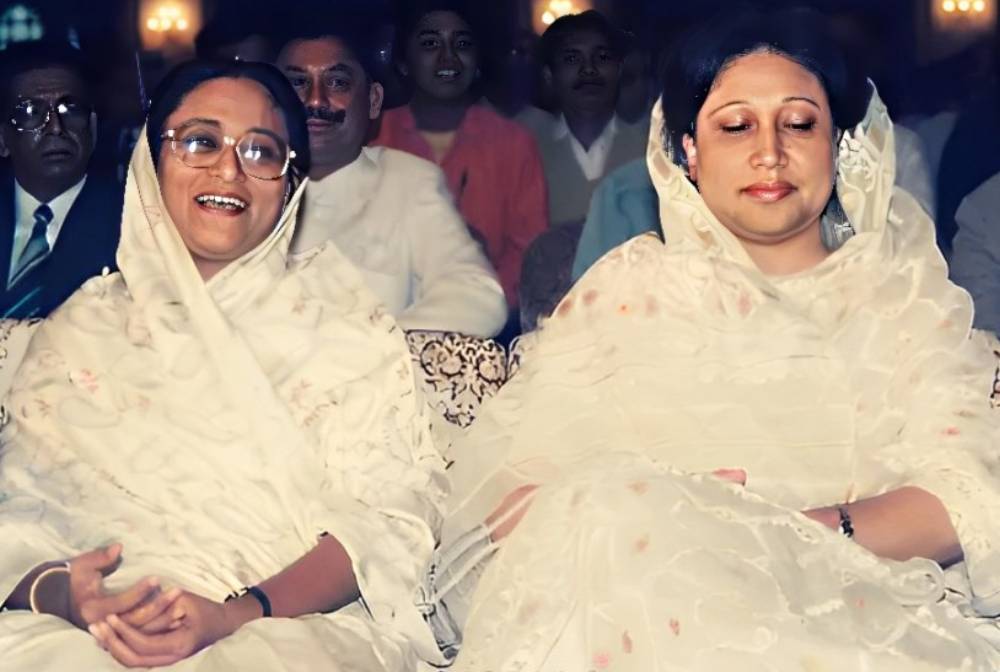Khaleda Zia Leaves

Bangladesh is witnessing a significant shift in its political landscape as Khaleda Zia, the country's former prime minister, has departed for London for medical treatment, marking the end of an era for the two "Begums" who dominated the country's politics for over three decades. Khaleda Zia and Sheikh Hasina, who have been at the forefront of Bangladeshi politics, have both exited the country, paving the way for a new order.
Khaleda Zia, 79, was airlifted to London for medical treatment, while Sheikh Hasina, 77, fled to India amid allegations of human rights abuses and corruption. The simultaneous exit of the two leaders has created a power vacuum, with the interim government, led by Nobel laureate Muhammad Yunus, promising sweeping reforms and elections by 2025 or 2026. Zia's departure has sparked hopes among ordinary citizens for a more inclusive and accountable political system, despite concerns about a deeply polarized political environment.
The Bangladesh Nationalist Party (BNP), led by Tarique Rahman, Zia's son, is expected to lead the party into the next elections, while the Awami League faces rebuilding without Hasina. Zia, who was sentenced to 17 years in jail under Hasina's rule, was acquitted by the Bangladesh high court in November, creating a path for her political comeback. Her visit to London comes as the BNP is pushing for elections amid the country's ongoing political turmoil, with a current goal for polls this year.
As Bangladesh navigates this historic turning point, the departure of Khaleda Zia and Sheikh Hasina marks the beginning of a new chapter in the country's politics. With the interim government's promises of reforms and elections, many hope that this transition will signal the start of a more inclusive and accountable political system. The future of Bangladeshi politics remains uncertain, but one thing is clear: the era of the two "Begums" has come to an end, and a new order is emerging.
Khaleda Zia's departure for London and Sheikh Hasina's exit to India have created a power vacuum, with the interim government promising reforms and elections by 2025 or 2026, and the BNP pushing for polls amid ongoing political turmoil, sparking hopes for a more inclusive and accountable political system in Bangladesh.